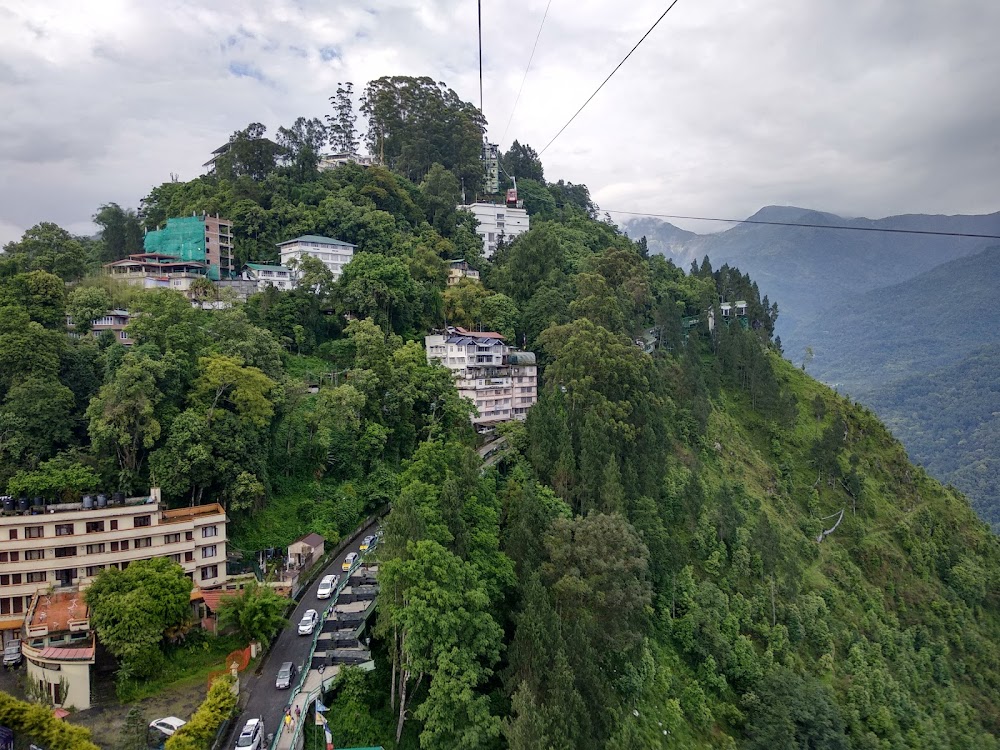Dreaming of a getaway but worried about your wallet? You’re not alone. Many people believe travel is expensive—but the truth is, with a little planning, you can explore new places without draining your bank account. A low budget trip doesn’t mean cutting out all the fun. In fact, it often leads to more meaningful and adventurous travel experiences.
With rising costs of living, more travelers are choosing budget-friendly travel. According to travel industry reports, budget travel and backpacking are on the rise, especially among students and young professionals. Whether you’re planning a weekend escape or a longer adventure, this guide will show you how to travel smart and save money every step of the way.
1. Set a Realistic Budget First
Before booking anything, decide how much you can afford to spend.
Why it’s important: A clear budget helps you plan smarter and avoid overspending.
How to apply: Break your budget into categories—transportation, accommodation, food, activities, and extras. Use apps like Trail Wallet or TravelSpend to track your expenses.
2. Travel During Off-Peak Seasons
Flights, hotels, and tours are often cheaper when fewer people are traveling.
Why it’s important: You can save big on everything from flights to accommodations and avoid large crowds.
How to apply: Avoid school holidays and major local festivals. Shoulder seasons—just before or after peak times—are great for deals.
3. Use Fare Comparison Tools for Flights
Sites like Skyscanner, Google Flights, and Hopper help you find the cheapest airfare.
Why it’s important: Airfare is often the most expensive part of a trip. Smart searching can cut costs in half.
How to apply: Be flexible with your travel dates and nearby airports. Set price alerts and book when fares drop.
4. Stay in Budget Accommodations
Skip the fancy hotels. Try:
- Hostels
- Guesthouses
- Airbnb
- Couchsurfing
Why it’s important: You can save hundreds by choosing cheaper, often more authentic places to stay.
How to apply: Look for highly-rated budget stays with good reviews. Use Hostelworld, Booking.com, or trusted Couchsurfing profiles.
5. Pack Light and Smart
Avoid baggage fees and travel more easily by packing only what you need.
Why it’s important: Lighter luggage saves money on budget airlines and keeps your trip stress-free.
How to apply: Bring mix-and-match outfits, multi-use items (like a scarf or travel towel), and essential toiletries. A carry-on is usually enough for most trips.
6. Eat Like a Local
Skip the tourist restaurants and enjoy local food from markets, street stalls, and small family-run spots.
Why it’s important: Local food is often cheaper and more delicious than touristy options.
How to apply: Ask locals for food recommendations, try street food, or shop at grocery stores and cook if you have access to a kitchen.
7. Use Public Transportation
Taxis and private transport add up fast. Buses, metros, and trains are much cheaper.
Why it’s important: Public transit lets you save money while experiencing a destination like a local.
How to apply: Download transit apps or maps, and always check for day passes or tourist travel cards for extra savings.
8. Book Free or Low-Cost Activities
Many of the best experiences are free or very affordable:
- City walking tours
- Museums with free admission days
- Nature hikes
- Cultural events
Why it’s important: You don’t need to spend a lot to have fun and learn something new.
How to apply: Research free things to do in your destination before you go. Use blogs, local tourism websites, or ask at hostels.
9. Earn While You Travel
If you’re on a long trip, consider ways to make money on the road.
Why it’s important: Earning while traveling extends your trip and keeps your budget in check.
How to apply: Try freelancing, teaching English, or doing work exchanges through platforms like Workaway or WWOOF.
10. Avoid Tourist Traps
Tourist traps are overpriced and usually offer a less authentic experience.
Why it’s important: Staying off the beaten path saves money and gives you a deeper connection to the place.
How to apply: Explore local neighborhoods, ask locals where they go, and avoid restaurants or shops right next to major attractions.
Conclusion
Planning a low budget trip doesn’t mean cutting corners on fun—it means being smart with your choices. By staying flexible, doing your research, and choosing affordable options, you can enjoy unforgettable adventures without spending a fortune.
Whether you’re backpacking across Europe, exploring local gems in your own country, or heading off the beaten path, traveling on a budget teaches creativity, adaptability, and appreciation for the simple joys of life.
So start planning your next budget-friendly journey today, the world is out there, and it doesn’t have to cost a lot to see it.









Leave a Reply
View Comments